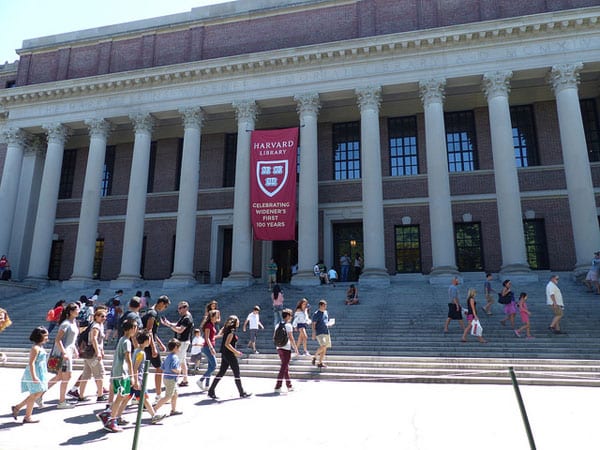
March 8, 2019; The Crimson
For the seventh year in a row, Harvard University paid less than what the City of Boston requested in its payment in lieu of taxes (PILOT) agreement. That agreement is for large educational and medical nonprofits to pay 25 percent of the property taxes they would have to pay, only half of which need take the form of cash payments to the city, were they not tax-exempt. As a rule, the medical institutions adhere to the agreement, but the educational institutions do not. Harvard, with its distinction of having the highest endowment in the world ($39.2 billion and growing) and its expansionist ways, would apparently rather risk its relationship with other taxpayers than pay what it originally agreed to.
Harvard is not the only educational institution to shortchange the city; it is joined by Boston College in a seven-year run.
Why is this such an issue in Boston, which is known for its out-of-sight real estate values, attributable in part to the presence of those educational institutions? “Something like half of the real estate in Boston is in the hands of either a governmental entity which is tax exempt, or a nonprofit entity which is tax exempt, and it does really impact the ability of the city to pay for the services that the nonprofits and everyone else depend on,” Northeastern Law Professor Peter D. Enrich said.
Sign up for our free newsletters
Subscribe to NPQ's newsletters to have our top stories delivered directly to your inbox.
By signing up, you agree to our privacy policy and terms of use, and to receive messages from NPQ and our partners.
In 2018, Harvard contributed $9.8 million to Boston—79 percent of the 25 percent they were expected to contribute—but even then, only $3.6 million was in cash; $6.2 million was in “community benefits,” a category over which the nonprofit, not the city, has definitional control. In contrast, in 2017, Harvard paid its seven investment managers a total of $58 million.
Enid Eckstein, a coordinator for the PILOT Action Group, which aims to ensure that the city receives the contributions it requests under PILOT, said she feels nonprofits have a “moral obligation to the city,” even in a voluntary program.
“There’s no requirement that they do it,” she said. “But when the mayor negotiated this program, the idea was that the universities were entering into a social contract.” In other words, while paying the full load requested would probably mean nothing substantively to Harvard, it would mean something its neighbors. At Princeton, by the way, a settlement reached on an assessment of the property taxes the university owed as a result of real scrutiny of their profit-making ended with many millions being directed to support affordable housing. —Ruth McCambridge













